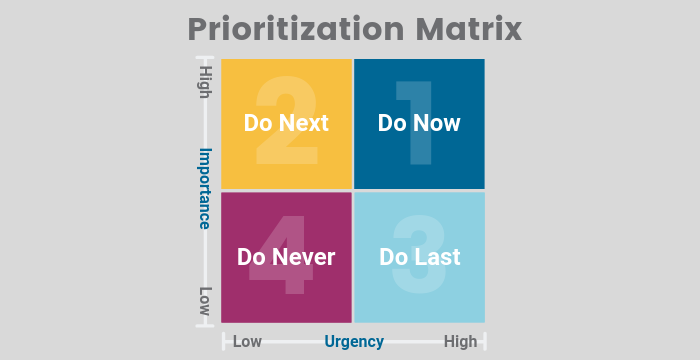The High Cost of Emotional Labor at Work
During the pandemic, frontline healthcare workers were experiencing alarming levels of burnout as they managed their own worries about COVID-19, while taking care of patients who were also anxious about the highly contagious virus. At the same time, viral videos circulated of flight attendants, food service, and retail workers trying to reason with customers who did not want to follow health and safety guidelines. Emotions ran high as morale was low.
Jobs like these that require employees to provide a service while suppressing emotions demand emotional labor. Employers everywhere should not only acknowledge the emotional labor that teams go through daily, but also account for it in training, scheduling, and other operational support.
What is emotional labor?
Emotional labor is managing feelings and emotions – whether your own or someone else’s. In the workplace, it’s managing emotions to effectively perform and meet workplace expectations. Think of frontline, public-facing jobs that require interacting with customers, clients, and patients, and putting on a smile when dealing with a rude interaction. Emotional labor can be exhausting and is often chalked up to just being “part of the job.”
Negative effects of emotional labor
While it’s normal to do some emotional labor in your day-to-day work, too much can be detrimental to one’s mental and physical well-being. Feelings of burnout and being undervalued and overworked often result when employees are managing too many emotions. Over time, the stress of emotional labor can show up in our bodies as insomnia, stomach and intestinal problems, high blood pressure, and even make a person more susceptible to depression and anxiety.
Ways to alleviate emotional labor
Leaders and managers must recognize the impact emotional labor has on team members’ health, well-being, and work performance. Equally important is providing employees with tools and resources to manage their emotions and the emotions of others.
Here are some ways to support your employees who deal with emotional labor on a daily basis.
- Incorporate problem-solving techniques in training. When employees have the tools to better handle problem customers, they build confidence and reduce negative reactions to angry or unpredictable situations.
- Make space for rest and recharging. Allow employees to relieve their mental load through breaks and dedicated rest areas away from high-traffic workspaces.
- Create an environment that allows employees to express their frustrations. Having open conversations will show employees they do not have to carry the burden of others’ emotions alone.
- Provide employee assistance programs, a benefit offering that provides confidential assessments, short-term counseling, and follow-up services to assist employees with personal or work-related problems that may impact their job performance, health, and mental well-being.
It's essential that organizations recognize emotional labor and understand the toll it has on employees. Helping employees deal with the consequences of emotional labor will improve staff morale, reduce turnover and create a healthy work environment.









